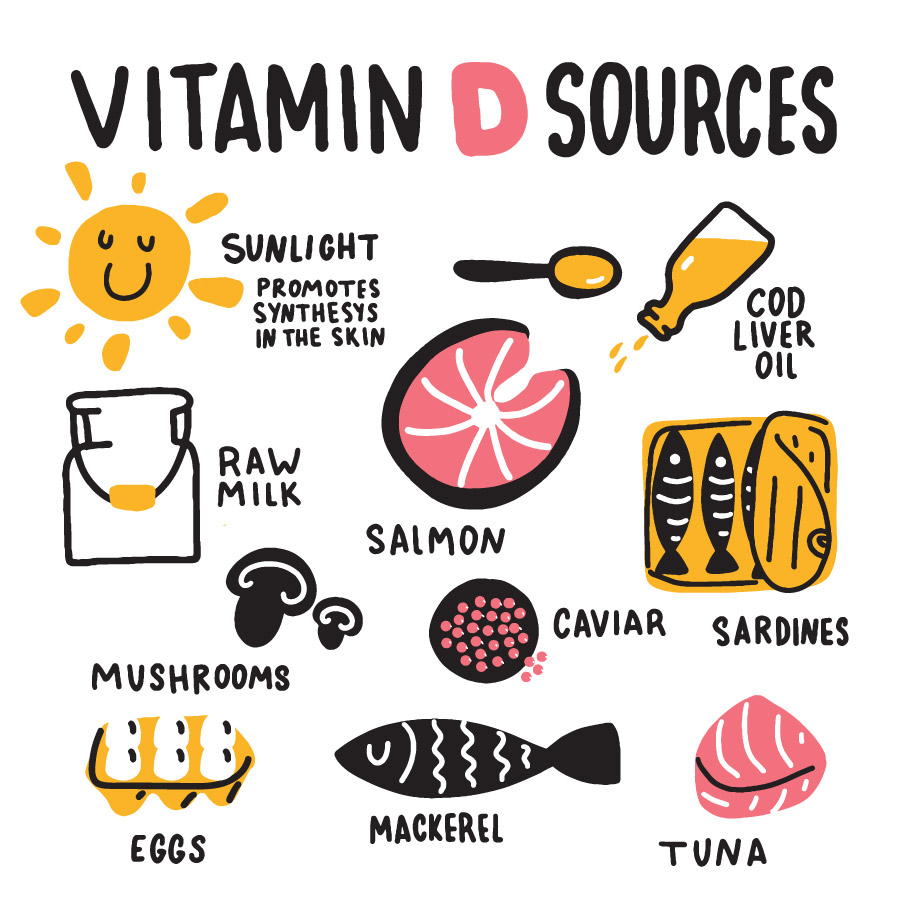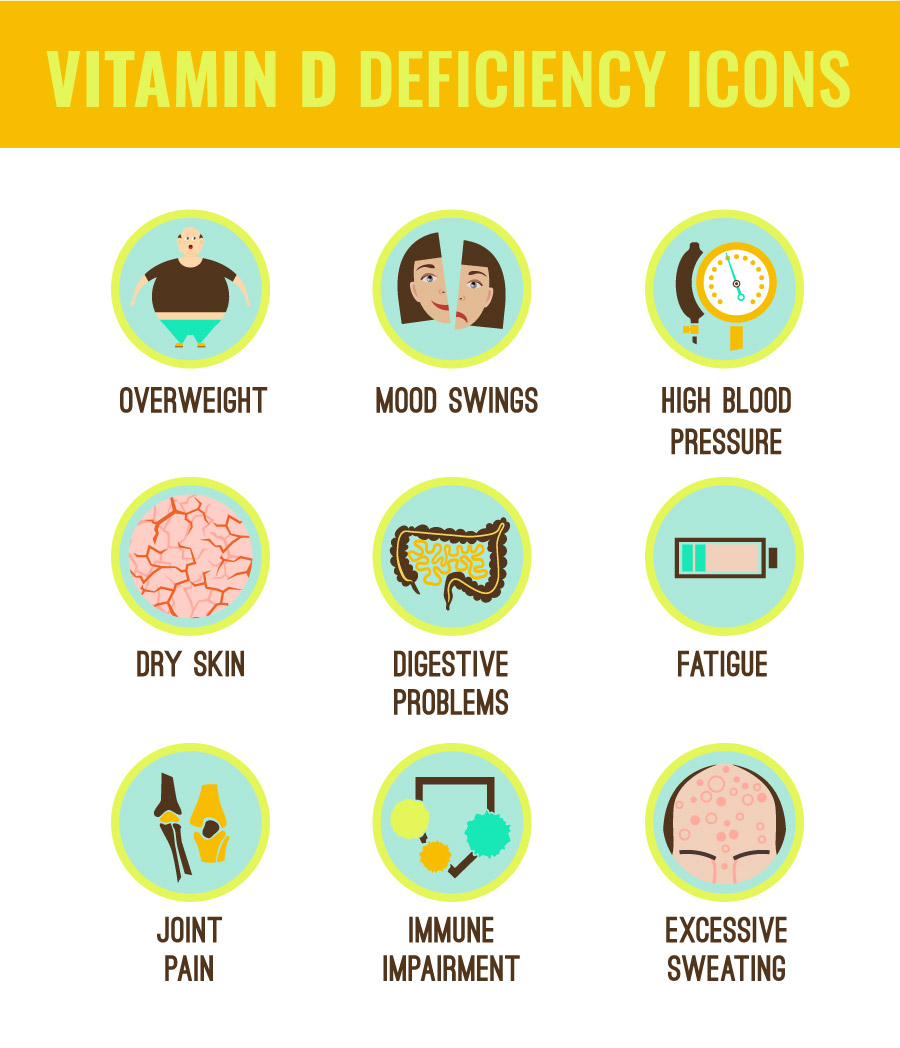- Home
- About Us
- Advanced Testing
- Nutrition & Self-Care
- Further Learning
- New Member Info
- Contact
A large percentage of the population is deficient in Vitamin D - this is important to identify and treat for many reasons. First of all, a deficiency in vitamin D is correlated with an increased risk of cardiovascular disease: heart attacks, heart failure, and sudden cardiac death. (REF 4) In addition, vitamin d deficiency has been linked to depression, stroke, osteoporosis, several forms of cancer, and some autoimmune diseases. (REF 1)
Vitamin D is the only vitamin that is a hormone. It is different from other vitamins because the body produces most of it on its own (instead of getting it from food sources). The body actually converts sunlight (ultraviolet B rays) into vitamin d from cholesterol in the body.
People with darker skin pigments do not absorb the sun through their skin as well, so they can be at increased risk of a vitamin D deficiency. In addition, as obesity rises this deficiency worsens. Since vitamin D is a fat-soluble vitamin, individuals with increased body fat can absorb the vitamin in the fatty tissues instead of effectively utilizing it in the body.


Many people think their best source of vitamin D is from milk or other fortified foods, and if not that, then from a supplement. In reality, the best way to absorb vitamin D is through direct exposure to the sun. Just ten minutes a day (without sunscreen) will help most people absorb about 10,000 units of natural vitamin D . . . though the actual amount varies depending on the melanin/pigment in the skin. But since too much exposure can lead to skin cancer, we do not recommend spending extended time in the sun without wearing sunscreen.

Though vitamin D levels are listed as “normal” when they are above 30ng/ml, people seem to function best when the levels are around 60 - 80 ng/ml. It is possible to get too much of a fat-soluble vitamin (vitamins A, D, E, and K), so it is not advised to push vitamin D levels higher than 100 ng/ml. Realistically this is hard to do, but a simple blood test will establish whether you are deficient, and help determine if supplementation might be warranted. You can then have your levels rechecked again later to assure proper absorption of vitamin D.
Some people require Vitamin D supplementation in order to ensure adequate levels. For those who are very deficient in vitamin D, an initial loading dose of vitamin D2 in prescription form (50,000 IU twice a week) may be best. Some may prefer to take 5,000 – 10,000 IU of over-the-counter vitamin D3 daily, and this may work as well. After the levels normalize, some can switch to a lower dose of vitamin D3 daily for maintenance.
The precursor to vitamin D is found in both plant and animal products.
Vitamin D2 is manmade from plant products, and the body has to convert this form into D3 in order to use it effectively. Because of this, people with poor kidney function may not do as well on vitamin D2.
On the other hand, Vitamin D3 comes from animals. This is the form of vitamin D that our bodies make naturally, so it can be better absorbed. (REF 9)

People generally like taking their vitamin D supplement because they often feel better. Many note they have more energy, feel less achy, and some even note improvements in mood and cognition. Fixing vitamin d deficiencies can even diminish muscle aches that some patients get from statin cholesterol medications. (REF 2)
Vitamin D is crucial for calcium absorption to support the bones, but it also helps maintain healthy blood pressure, immune system, (REF 3) brain function, (REF 5, 6) and even offers some protection from cancer (REF 7,8) and heart disease. (REF 4) It is a critical vitamin for numerous functions in our body, so we recommend everyone get tested to make sure their levels are in the optimal range!
Read more about vitamin D HERE.
Do something today for a better tomorrow!
Make an appointment now for advanced testing. We are here to help.
REFERENCES
1 – https://www.ncbi.nlm.nih.gov/pubmed/18400738
2 – https://www.ncbi.nlm.nih.gov/pmc/articles/PMC4382771/
3 – https://www.ncbi.nlm.nih.gov/pubmed/15585788
4 – https://www.ncbi.nlm.nih.gov/pmc/articles/PMC2851242/
5 – https://www.ncbi.nlm.nih.gov/pubmed/17138809
6 – https://www.ncbi.nlm.nih.gov/pubmed/23377209
7 – https://www.ncbi.nlm.nih.gov/pubmed/17556697
8 – https://journals.plos.org/plosone/article?id=10.1371/journal.pone.0199265